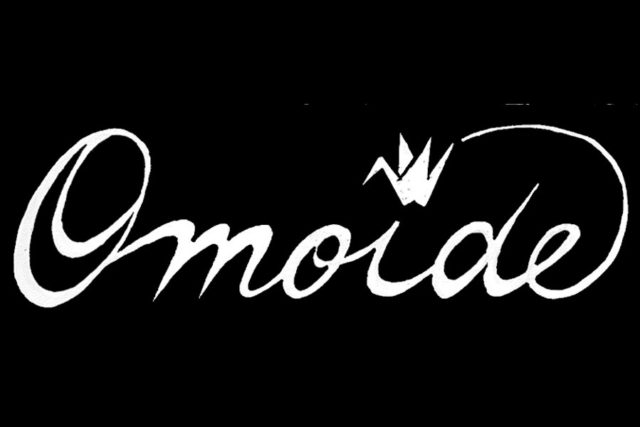by Lori Matsukawa
As financially modest as we were, I would soon learn what poor really meant.
“Let’s clean out your closet,” Mom suggested. “There are surely some clothes you no longer wear.”
Mom started pulling dresses I had outgrown in first grade one by one off the lead pipe that served as a closet rack. I pretty much agreed with all the ones she suggested we give away.
Except the one with bunches of cherries on it.
“I like that one!” I whined.
“It’s too small for you!” Mom replied, folding it and putting it into a paper shopping bag.
“No! I like it!” I begged. “Don’t give it away!”
Mom would not budge. “Let’s go,” she said, placing the bag in the car with several others filled with bedding and canned goods.
Clueless, I huffed and sat in the back seat, with my cherry dress sitting right next to me. Mom drove to a part of Wahiawa I had never been. She stopped in front of a house with weathered blackish walls. There were rusty screens but no glass in the windows. From the backseat of the car, I could see spaces between the rough, splintered wall panels and it was dark inside the building.
There were at least four young children playing in the yard, which was just a patch of weeds, really. A thin, young Hawaiian woman with several missing teeth approached the car as Mom got out.
“Hi Mrs. Leahi,* I heard Mom greet the woman.
Mrs. Leahi grinned broadly. Her toothless smile frightened me a little. As the women chatted, the children carried the paper bags up the sagging wooden steps and through the crooked doorway.
I watched as my cherry dress disappeared into the blackness.
“Okay, goodbye!” I heard Mom say. “See you in school!”
I waved shyly, as it dawned on me that some of Mrs. Leahi’s children were Mom’s students.
“Mrs. Leahi has ten children,” Mom said matter-of-factly as we drove away.
A couple days later, I saw my cherry dress at school. It was being worn by a girl named Donna Leahi.* I smiled at her and she smiled back. I thought briefly about saying something, but decided not to.
Mom had given me a lesson in kindness and dignity.
*Names have been changed to protect identities.
 Lori Matsukawa is best known as a journalist, historian, and community volunteer. Since her recent retirement, Lori joined the JCCCW’s “Omoide” [Memories] writing group. The Omoide program is open to all who wish to develop their writing skills to record their family histories or memories.
Lori Matsukawa is best known as a journalist, historian, and community volunteer. Since her recent retirement, Lori joined the JCCCW’s “Omoide” [Memories] writing group. The Omoide program is open to all who wish to develop their writing skills to record their family histories or memories.






